Our Favorite Picks for Outdoor Martial Arts Training in Murrayville, Georgia
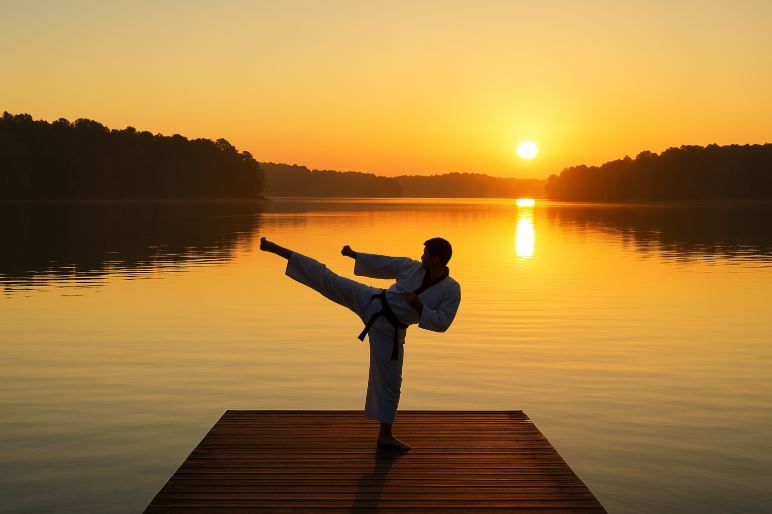
Welcome to Murrayville, Georgia—an unincorporated gem just north of Lake Lanier. Its quiet parks, lakefront trails, and mountain air make it the ideal backdrop for taking your martial arts practice into nature. Let’s tour our favorite spots and see how fresh terrain fires up your kicks, forms, and mindset. Our top Places to Train Outdoors […]
Empower Your Child with Confidence, Energy, and Leadership
Discover why Choe’s HapKiDo is the premier choice for a kids martial arts trial—and how our program outshines the rest. Every Journey Begins with a Single Step Imagine your child walking into our studio for the very first time: eyes wide with curiosity, heart pounding with excitement. They’re not just stepping onto a mat; they’re […]
The Benefits of Tai Chi: A Path to Health and Joy
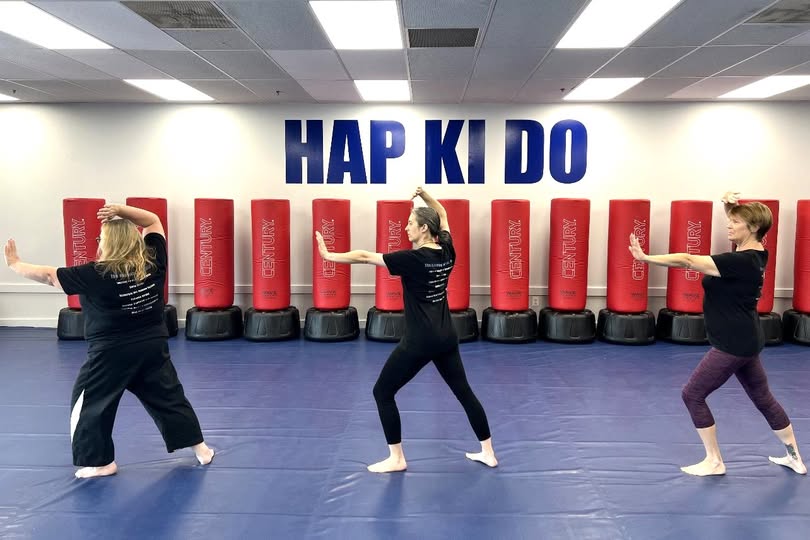
Discover Balance, Strength, and Inner Peace with Tai Chi at Choe’s HapKiDo Tai Chi, an ancient Chinese martial art, has evolved into a gentle, flowing practice known for its health benefits and meditative qualities. Originally developed for self-defense, it is now widely practiced across the world for its ability to improve both physical and mental […]
Martial Arts for Kids: 10 Life Lessons Every Child Can Learn
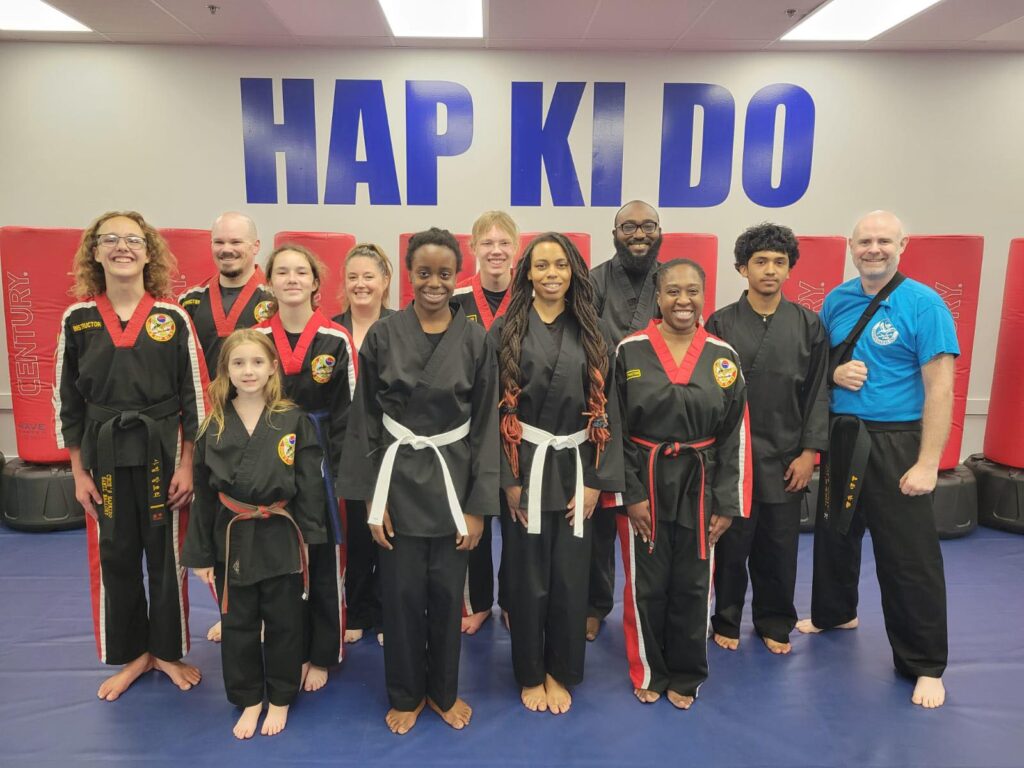
Why do parents love martial arts for kids? When parents sign their kids up for martial arts, they usually hope for things like better focus, improved fitness, or a healthy outlet for all that energy. But often, they’re surprised by the deeper transformation that takes place—one class at a time. At Choe’s HapKiDo, we’ve seen […]
Choe’s HapKiDo: Kicking for a Cause – Supporting Children’s Healthcare of Atlanta
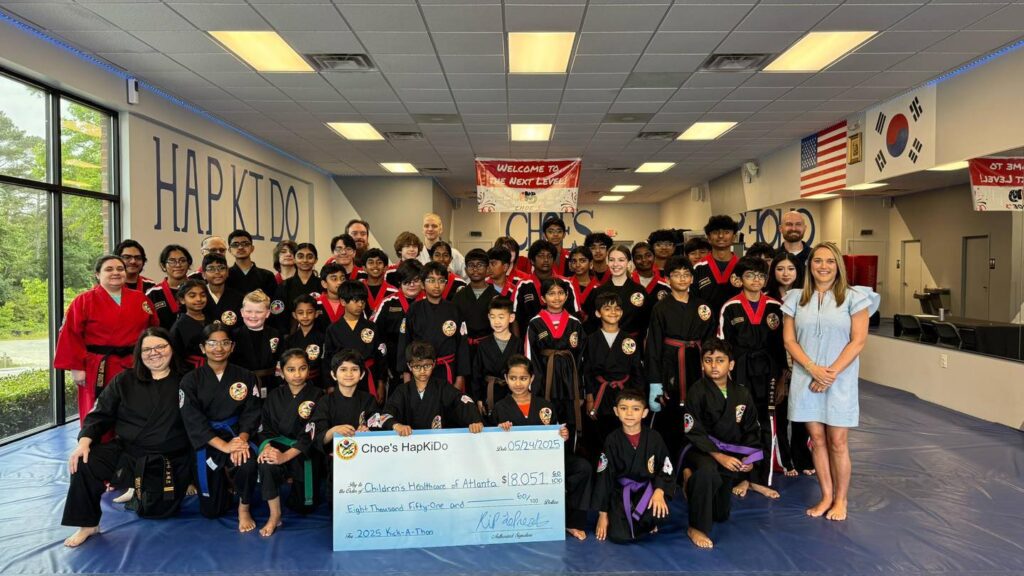
At Choe’s HapKiDo, martial arts isn’t just about kicks, punches, or earning belts — it’s about shaping strong, compassionate individuals who care deeply about the world around them. Every lesson on the mat is also a lesson in respect, discipline, and giving back. We’re honored to carry those values into our communities through acts of […]
Growth Mindset Motivation: Strength Is in the Struggle
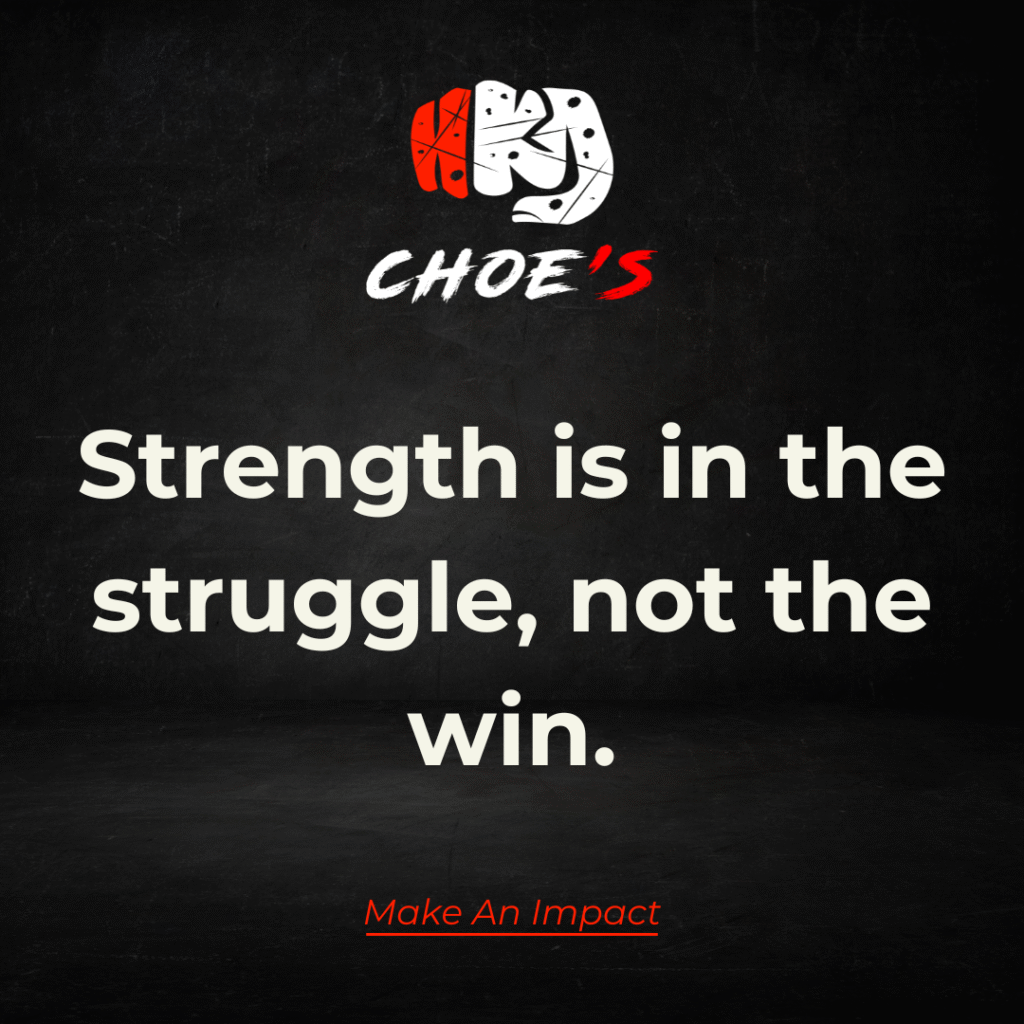
Here is your weekly growth mindset motivation:“Strength is in the struggle, not the win.” A simple quote, but it’s a reminder that the process is just as important as the results, the journey is what shapes us. Growth doesn’t happen in the easy moments or comfort zones. It happens when we’re tested, challenged, and choose […]
Beginner Martial Arts Classes? Here’s Why Now’s the Time to Start!

Beginner Martial Arts Classes will open a whole new world! If you’ve ever watched a karate movie and felt inspired… If you’ve seen someone perform a powerful martial arts move and thought, “Wow, I wish I could do that”… Or if martial arts has always been something on your bucket list—there’s never been a better […]
Celebrating Grandmaster Choe’s Birthday & 47 Years of HapKiDo in America

This week, Choe’s HapKiDo celebrates both Grandmaster Choe’s birthday and the 47th anniversary of his journey teaching HapKiDo in the United States. For our founder, Grandmaster JiMong Choe, February 1978 marked the beginning of his mission to share HapKiDo martial arts in America—a journey that has built a lasting legacy. The Beginning of Grandmaster Choe’s […]
Kicking for Kids: Choe’s HapKiDo Hosts 7th Annual Kick-a-Thon to Benefit Children’s Healthcare of Atlanta

Martial arts students, families, and local businesses unite to raise funds for Georgia’s leading children’s hospital. — April 19, 2025 — Choe’s HapKiDo is inviting the entire community to join in kicking for a cause during the 7th Annual Kick-a-Thon on Saturday, April 19, 2025. This high-energy fundraising event aims to raise money for Children’s […]
Find the Best Martial Arts Classes in Taneytown, MD | Choe’s HapKiDo

Are you searching for martial arts classes in Taneytown, MD that offer a perfect blend of fitness, self-defense, and personal growth? Look no further than Choe’s HapKiDo Martial Arts! Located at 417 E Baltimore St, Suite A, Taneytown, MD 21787, our academy is dedicated to helping individuals of all ages achieve their goals through the art of HapKiDo. Why […]
